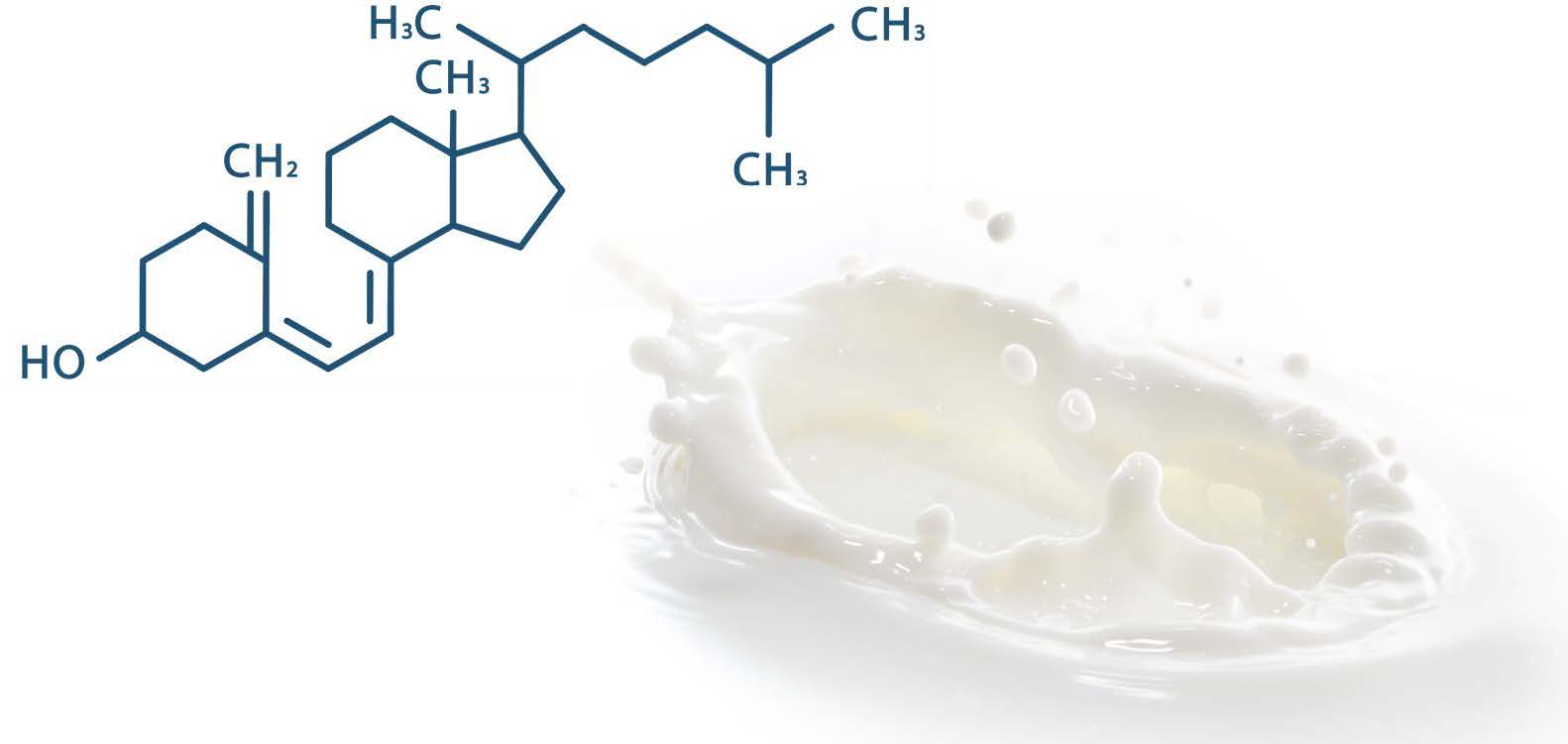Universitetsavisen
Nørregade 10
1165 København K
Tlf: 21 17 95 65 (man-fre kl. 9-15)
E-mail: uni-avis@adm.ku.dk
Ph.d.-forsvar
Ph.d.-forsvar — Nanna Groth Stounbjerg is defending her PhD thesis: Vitamin D and dairy protein in childhood - Vitamin D status and the role of vitamin D and dairy protein in bone mineralisation, growth, and cardiometabolic markers in young children.
Date & Time:
Place:
Festauditoriet, Bülowsvej 17, 1870 Frederiksberg
Hosted by:
Department of Nutrition, Exercise and Sports, University of Copenhagen
Cost:
Free
About the thesis
Children living at northern latitudes are at high risk of inadequate winter vitamin D status (s25(OH)D), but evidence of the prevalence and determinants among young children is lacking. Vitamin D and high-quality protein, e.g. from dairy products, are considered important for childhood bone health and growth, and may also affect cardiometabolic markers, but studies in young, healthy children is needed.
The overall objectives of the present thesis were therefore to investigate vitamin D status, its determinants, and its potential association with bone mineralisation, growth, and cardiometabolic markers in young children living in Denmark, and to investigate potential effects of winter vitamin D supplementation and high dairy protein intake on these outcomes.
The thesis is based on cross-sectional data from the 3-year visit of the SKOT cohorts (n=323) as well as data from the 2×2 factorial, randomised 24-week winter trial, D-pro, in which 184 children aged 6-8 years received either 20 µg/day vitamin D or placebo and substituted 260 g/day of milk products in their usual diet with either high-protein (HP) or normal-protein (NP) yogurt.
Mean±SD s-25(OH)D was 69±23 nmol/L across the year in SKOT and 80±17 nmol/L in August-October in D-pro, but this varied greatly with season/month of examination and use of vitamin D supplements. Vitamin D status was not associated with bone mineralisation or cardiometabolic markers in either study.
In D-pro, the vitamin D supplements prevented the winter decline in s-25(OH)D and resulting vitamin D inadequacy observed with placebo, and the protein intake increased from 15±2 E% to 18±3 E% with HP. Vitamin D supplementation increased bone mineralisation and decreased LDL cholesterol compared to placebo, whereas the HP groups had smaller increments in bone mineralisation, fat mass index, and tendency of lower fasting insulin compared to the NP groups. There were no effects on blood pressure.
The findings support recommendations of supplements during winter for children in general and year-round for toddlers, and the findings of the trial support a vitamin D intake around 20 µd/day during winter for improved bone mineralisation and lipid profile. In contrast, they do not support dairy products with high protein contents for optimising bone mineralisation in wellnourished children, but a higher dairy protein intake may benefit fat mass and insulin markers.
Yet, more high-quality, randomised trials are needed before firm conclusions can be drawn.
Opponents
Associate Professor Nina Rica Wium Geiker (chair), Department of Nutrition, Exercise and Sports, University of Copenhagen, Denmark.
Professor Henrik Boye Thybo Christesen, Institute of Clinical Research, Faculty of Health Sciences, University of Southern Denmark, Denmark.
Associate Professor Trudy Voortman, Division of Human Nutrition and Health, Wageningen University, Department of Epidemiology, Erasmus University Medical Center, Netherlands.
Main supervisor
Associate Professor Camilla Trab Damsgaard, Department of Nutrition, Exercise, and Sports, Faculty of Science, University of Copenhagen, Denmark.
Co-supervisor
Professor Christian Mølgaard, Department of Nutrition, Exercise, and Sports, Faculty of Science, University of Copenhagen, Denmark.
